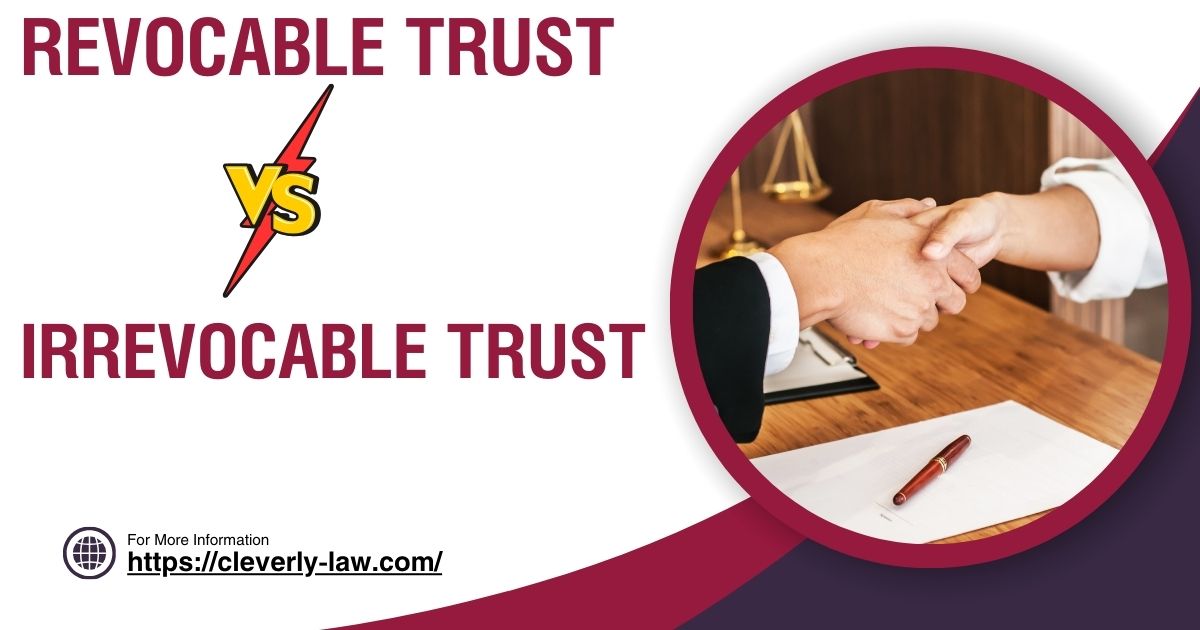How to Successfully Sell Your Family Business in Texas

Running a family business is more than just a job—it’s a legacy. But there comes a time when many business owners consider selling. Whether it’s for retirement, to pursue new opportunities, or due to changing market conditions, selling a family business is a complex and often emotional process.
As someone who has personally started, scaled, and sold two businesses, I understand what’s involved. In this guide, we’ll walk you through the key considerations and steps in selling your family business.
Making the Decision to Sell the Family Business
Before diving into the process, it’s crucial to understand why you’re considering selling. Common reasons include:
- Retirement: You’re ready to step back and enjoy the fruits of your labor.
- Lack of succession: There may not be a next-generation willing or able to take over.
- Market changes: Your industry might be evolving, requiring resources or expertise you don’t have.
- Financial needs: You may need to liquidate the business to address personal or family financial goals.
- New opportunities: You might be ready for a new challenge or venture.
Whatever your reason, it’s important to be clear about your motivations as they will guide your decisions throughout the sale process.
Key Steps to Prepare Your Family Business for Sale
Preparing your family business for sale is crucial to maximizing its value and ensuring a smooth transaction. Here are key steps to take:
1. Get Your Financials in Order
Potential buyers will scrutinize your financial records. Ensure your books are clean, accurate, and up-to-date. Consider having audited financial statements for the past three years. This transparency can increase buyer confidence and potentially lead to a higher sale price.
2. Streamline Operations
Look for ways to improve efficiency and profitability. This might involve cutting unnecessary costs, optimizing processes, or investing in technology. A well-oiled machine is more attractive to buyers and can command a higher price.
3. Reduce Dependency on Key Individuals
Many family businesses rely heavily on the owners or key family members. Start delegating responsibilities and documenting processes to show that the business can run smoothly without you. Speaking from personal experience, your goal should be to make yourself replaceable. If you are able to accomplish this, you will be able to show a potential buyer that your company can continue to succeed without you present and hopefully allow you to command a higher sales price.
4. Resolve Any Legal Issues
Address any pending legal matters, whether they’re customer disputes, employee issues, or regulatory concerns. Unresolved legal issues can be red flags for potential buyers.
5. Enhance Your Brand and Market Position
Strengthen your market position. This might involve expanding your customer base, launching new products or services, or enhancing your brand’s online presence. A growing, forward-looking business is more attractive to buyers.
How to Accurately Value Your Family Business
Determining the right price for your family business is crucial. It’s often helpful to engage a professional business appraiser who can provide an objective valuation.
Common valuation methods include:
- Asset-based valuation: Based on the net value of the business’s assets.
- Market-based valuation: Comparing your business to similar businesses that have recently sold.
- Income-based valuation: Based on the business’s ability to generate future income.
Remember, the emotional value you place on your family business might be higher than its market value. It’s important to be realistic and base your expectations on objective metrics.
Exploring Buyer Types: Who Might Purchase Your Business?
There are several types of potential buyers for family businesses:
- Strategic buyers: Other companies in your industry looking to expand or gain market share.
- Financial buyers: Private equity firms or investors looking for profitable businesses.
- Internal buyers: Employees or family members who want to take over the business.
Each type of buyer has different motivations and criteria. Understanding these can help you target the right buyers and structure the deal appropriately.
The Sale Process: What to Expect at Every Stage
Once you’ve prepared your business and identified potential buyers, you’ll enter the sale process. Here’s what to expect:
1. Confidentiality
Maintain strict confidentiality throughout the process. Premature news of a potential sale can unsettle employees, customers, and suppliers. Use non-disclosure agreements (NDAs) with potential buyers.
2. Due Diligence
Buyers will conduct thorough due diligence, examining every aspect of your business. Be prepared to provide detailed information about finances, operations, legal matters, and more.
3. Negotiation
Negotiations will cover more than just the price. You’ll need to consider the structure of the deal (asset sale vs. stock sale), payment terms, earn-outs, and your role (if any) post-sale.
4. Closing the Deal
Once terms are agreed upon, your business lawyer will draft the necessary documents. This is a critical phase where details matter. Ensure you understand every aspect of the agreement before signing.
Managing Family Relationships During the Business Sale
Selling a family business often involves complex emotional and interpersonal dynamics. Here are some tips for managing this aspect:
- Communicate openly: Keep family members informed throughout the process.
- Seek consensus: Try to get buy-in from key family members, even if you have the authority to make the decision alone.
- Plan for the future: Discuss how the proceeds of the sale will be managed and distributed.
- Consider professional mediation: If family conflicts arise, a neutral third party can help navigate disagreements.
Post-Sale Steps: Transitioning and Planning for the Future
After the sale, you’ll need to:
- Manage the transition: If you’re staying on in any capacity, clearly define your role and responsibilities.
- Plan for taxes: Work with tax professionals to manage the tax implications of the sale.
- Invest wisely: Develop a plan for managing and investing the proceeds from the sale.
- Prepare for life after the sale: Whether it’s retirement, a new venture, or philanthropy, have a plan for your next chapter.
Having gone through this process multiple times myself, I can attest to the importance of preparation. When I sold my first business to a private equity buyer, I learned the value of having clean, well-documented financials and operations. This made the due diligence process much smoother and ultimately led to a higher sale price.
With my second business, which I ran through a VC-backed incubator, I gained insights into how different types of buyers approach acquisitions. Venture capital and private equity firms often look for scalable businesses with strong growth potential, while strategic buyers might be more interested in synergies with their existing operations.
These experiences taught me the importance of building a business with an exit in mind from the start. This doesn’t mean you should be looking to sell from day one, but rather that you should structure your business in a way that makes it attractive and valuable to potential buyers.
How Professional Legal Support Can Simplify the Sale Process
Selling a family business is a significant undertaking that requires careful planning, guidance, and emotional preparation. It’s not just a financial transaction—it’s the culmination of years of hard work and the transition of a family legacy.
As one of only a handful of business attorneys in the state that has started, scaled, and sold two businesses, one to a private equity-backed buyer, and run a third through a venture capital-backed incubator, we are uniquely positioned to provide comprehensive legal support in selling your family business.





